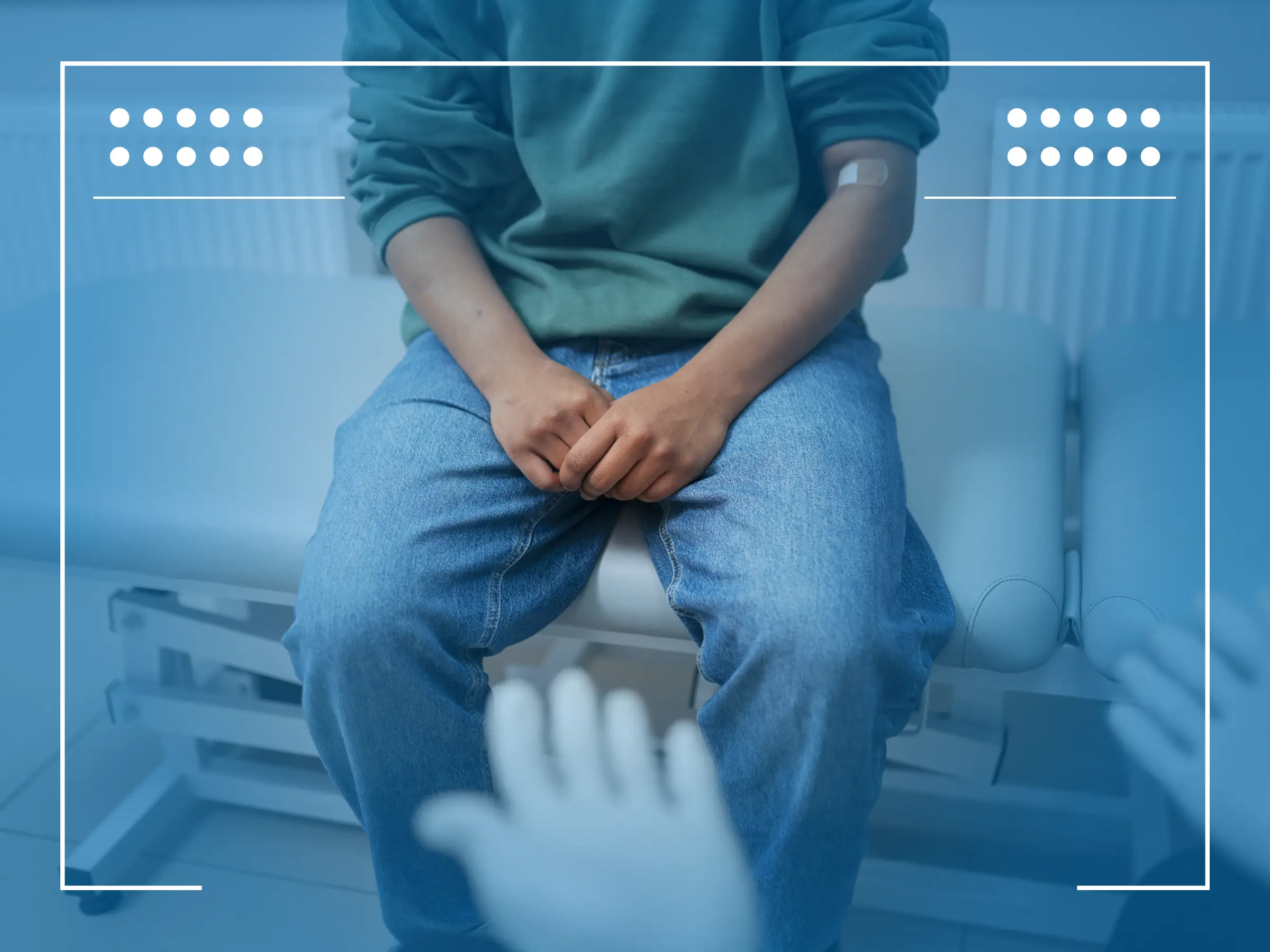BCG treatment is a form of immunotherapy commonly used in cancer treatment, particularly for bladder cancer patients. It involves introducing a weakened strain of the tuberculosis bacteria, Bacillus Calmette-Guérin (BCG), into the bladder to stimulate the body’s immune system to attack cancer cells. This method has been found effective in reducing the recurrence of non-invasive bladder cancer by engaging the immune system in localized action against malignant cells.
BCG treatment, while effective, may have side effects that vary from mild to severe. Patients undergoing this treatment might experience flu-like symptoms, fever, and localized irritation in the bladder. In some cases, more serious complications like systemic infections can occur, making it essential to monitor patients closely. Despite these potential risks, BCG remains a cornerstone in treating early-stage bladder cancer due to its ability to trigger a robust immune response against the tumor.
BCG in treatment of bladder cancer follows a structured process involving multiple stages that are critical for its effectiveness. This treatment is applied as follows:
- Induction Phase: The BCG treatment begins with an induction phase, where the therapy is administered once a week for six consecutive weeks. This initial phase aims to trigger the body’s immune system to attack the bladder cancer cells.
- Rest Period: After the induction phase, there is typically a rest period of a few weeks. This allows the immune system to respond fully before the next stage of treatment.
- Maintenance Phase: Following the rest period, the maintenance phase begins. BCG is given less frequently, usually once a week for three weeks every three months, to help prevent cancer recurrence.
- Monitoring: Throughout the treatment process, patients undergo regular cystoscopies to monitor for any signs of cancer recurrence or progression.
- Adjustments: Based on the patient’s response to the treatment, doctors may adjust the frequency or duration of the maintenance phase to optimize results and minimize side effects.
BCG Treatment for Bladder Cancer
BCG treatment for bladder cancer is a well-established immunotherapy used to treat non-muscle invasive bladder cancer. Administered directly into the bladder through a procedure known as intravesical therapy, this treatment involves placing a weakened strain of Bacillus Calmette-Guérin (BCG) bacteria into the bladder to trigger an immune response. This immune activation helps the body recognize and attack cancer cells, making it an effective form of bladder cancer treatment for many patients.
BCG treatments for bladder cancer typically follow a schedule of weekly sessions for an initial induction period, followed by a maintenance phase to sustain long-term benefits. This treatment can be highly effective.
Patients often wonder, “How painful is BCG treatment?” Discomfort varies from patient to patient, with some experiencing mild pain or burning during urination after treatment, but these side effects are generally manageable.
Long-Term Side Effects of BCG Treatment
While BCG immunotherapy has clear benefits, patients should be aware of potential long-term side effects of BCG treatment for bladder cancer. These can include bladder irritation, frequent urination, and in rare cases, a more severe infection that requires medical attention. Understanding these risks is essential for patients undergoing bladder cancer treatment BCG.
It’s also crucial for patients to be mindful of BCG contraindications, such as weakened immune systems or certain underlying health conditions that may affect treatment safety.
Although some side effects may occur, the treatment’s benefits often outweigh the risks, particularly for those who respond well to BCG bladder cancer treatment.
Patients who are BCG unresponsive or have other challenges during their cancer treatment may benefit from considering participation in clinical trials. These trials offer access to emerging treatments and therapies that may provide alternative solutions when standard options are no longer effective. Clinical trials can help improve outcomes and offer hope to those seeking innovative treatment options.
